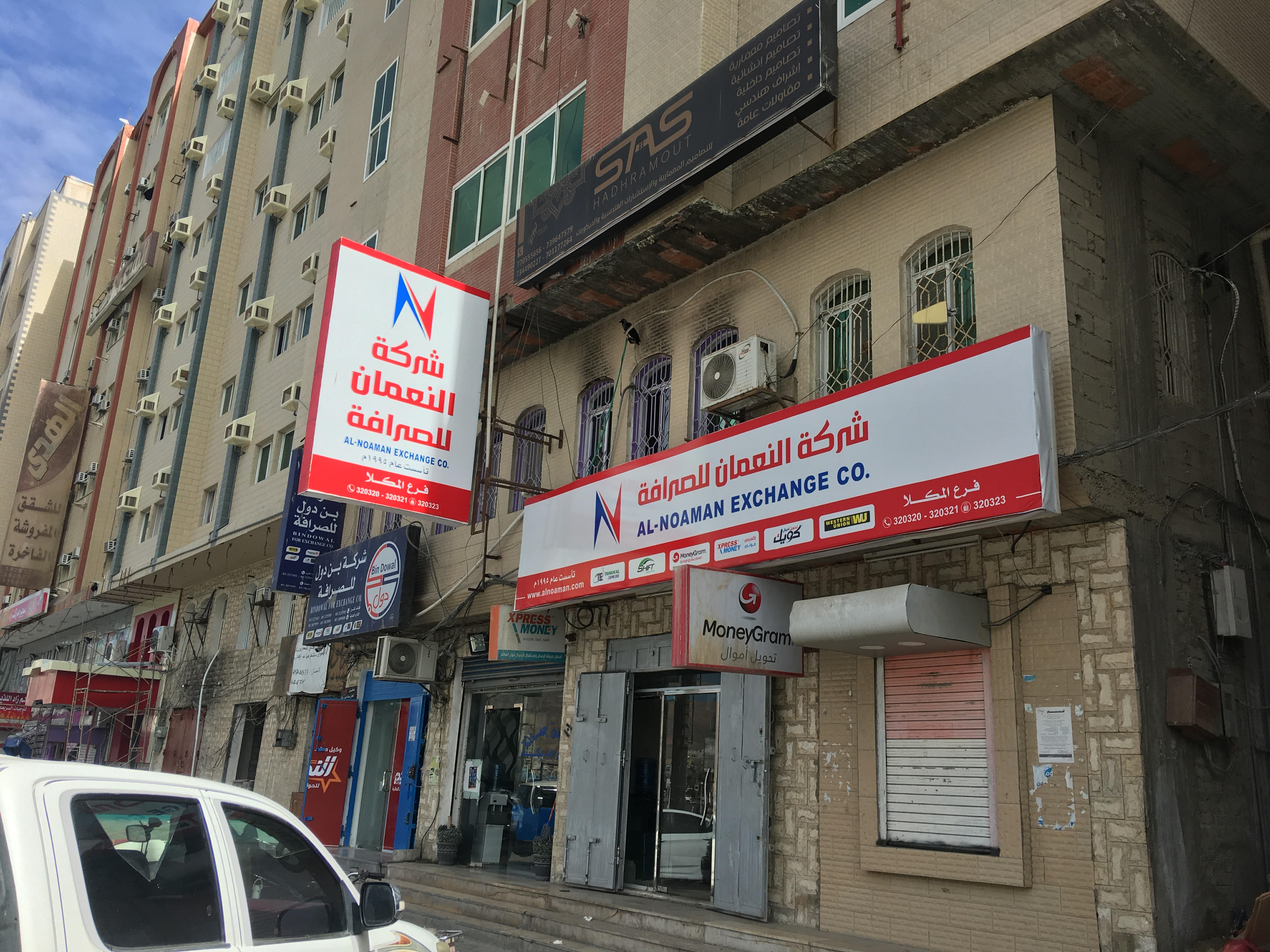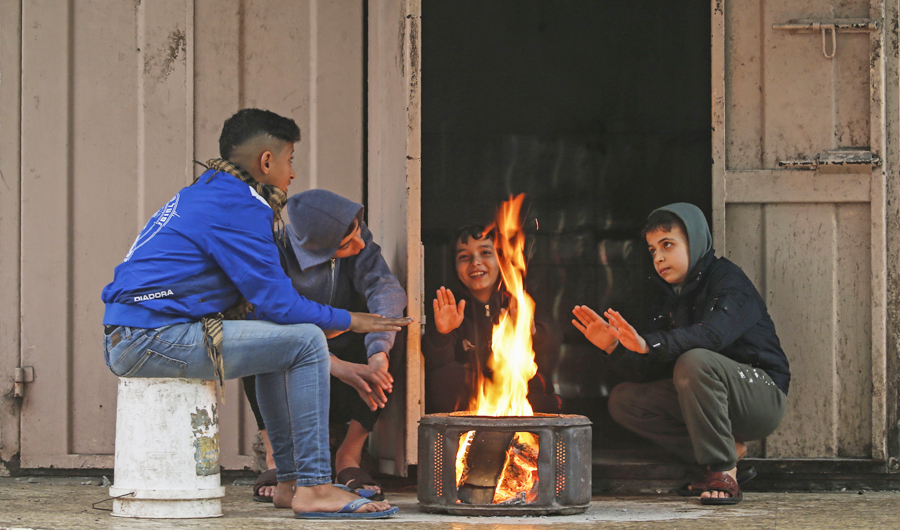Al-Shabab militants claim huge Mogadishu bomb attack
MOGADISHU: Al-Shabab Islamist militants have claimed responsibility for Saturday’s massive car bomb in the Somali capital Mogadishu that killed 81 people, including two Turkish citizens.
Saturday’s attack hit a busy checkpoint in the southwest of the city, killing 81 people, including a dozen university students, in the country’s deadliest assault in two years.
Scores more were wounded in the blast that left surrounding vehicles charred and twisted in an area clogged with traffic because of the checkpoint and a tax office collecting fees from trucks and buses.
.”..the mujahideen carried (out) an attack… targeting a convoy of Turkish mercenaries and apostate militia who were escorting them,” Al-Shabab spokesman Sheik Ali Mohamud Rage said in an audio message.
Among the dead were 16 students from the private Banadir university whose bus was passing through the crossroads as the bomb detonated.
For the first time, Al-Shabab apologized to the civilian victims of the attack, which it justified as necessary in fight against the Somali State and its foreign backers.
“We are very sorry about the casualty that was inflicted on our Somali Muslim society, and we are extending our condolences to the Muslims who have lost their lives and or wounded and or had their property destroyed.”
Al-Shabab do not usually claim attacks that cause such high casualty rates among the civilian population, for fear of losing the support they still enjoy with some Somalis.
The death toll increased to 81 on Monday after two victims died from their wounds, the Somali information ministry said.
Mogadishu is regularly hit by attacks by Al-Shabab, which has fought for more than a decade to topple the Somali government.
In 2010, Al-Shabab declared its allegiance to Al-Qaeda. But its fighters fled positions they once held in the capital Mogadishu, and have since lost many strongholds.
They retain control of large rural swathes of the country and continue to wage a guerrilla war against the authorities, managing to inflict bloody attacks at home and abroad.

Al-Shabab militants kill 50 soldiers in attack on Somalia military base





